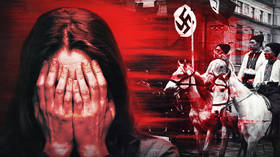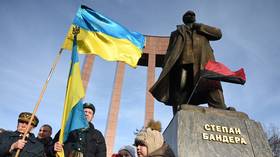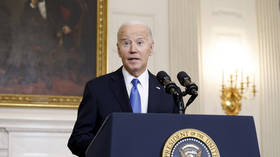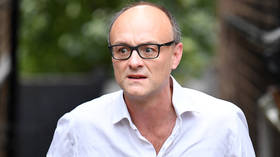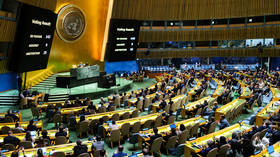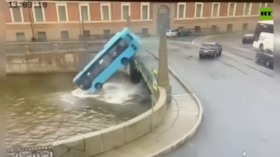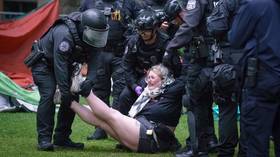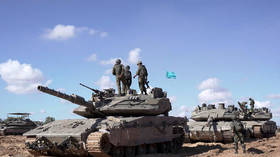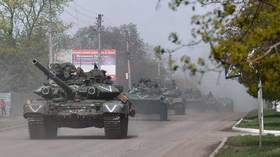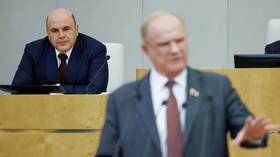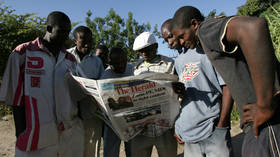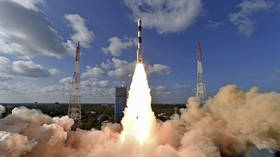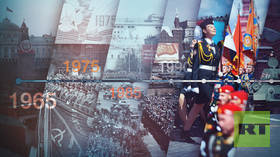Mass grave of WWII victims of Ukrainian Nazi collaborators found – Warsaw
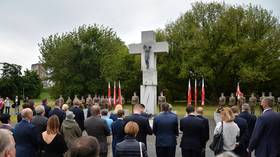
A large burial ground filled with the remains of Poles murdered by Ukrainian nationalists during a World War II ethnic cleansing campaign has been discovered in western Ukraine, Polish Prime Minister Mateusz Morawiecki said on Friday.
The mass grave was found near the town of Puzhniki in Ukraine’s Ternopol Region, the prime minister said in a video statement published on X (formerly known as Twitter), adding that work at the site is still ongoing and will continue.
According to Michal Dworczyk, a representative of the Polish prime minister’s office, the discovery was made by a joint Polish-Ukrainian team, which included specialists from the Pomeranian Medical University and the Polish Institute of National Remembrance, as well as Ukrainian archeologists. It took the team “four months of difficult searches” to locate the burial ground, the official added in a statement on X. It was the first time in nine years that such a discovery has been made on Ukrainian territory, Dworczyk said.
Warsaw has now requested consent from Kiev for the remains to be exhumed, examined, and given a dignified burial, the official said. Morawiecki visited the search area in July and called for the “truth about the Volyn Massacre” to be a “bridge to the future” for Warsaw and Kiev.
So far, the WWII-era tragedy remains a thorny and divisive issue in relations between the two neighbors. In September, Poland’s ambassador to Ukraine, Bartosz Cichocki, blasted Kiev’s policy of glorifying WWII-era Ukrainian nationalists, including those linked to mass murders of Poles.
Kiev should allow Warsaw to exhume its dead, rather than honor those who killed them, Cichocki told BBC at the time.
Between 40,000 and 100,000 Poles were murdered in an ethnic cleansing campaign waged by Ukrainian nationalists in the regions of western Ukraine and eastern Poland known as Volhynia and Galicia between 1943 and 1944. What later became known as the Volyn massacre was committed by the Ukrainian Insurgent Army (UPA), a paramilitary wing of the Organization of Ukrainian Nationalists (OUN), which was known for its radical anti-Semitic ideology.
The UPA also assisted Nazi Germany’s troops in the extermination of Jews on Ukrainian territory on multiple occasions during the Nazi occupation of those regions.
The OUN leader, Stepan Bandera, has since been elevated to the status of national hero in modern Ukraine, a development that has soured Ukraine’s relations not just with Poland but with Israel as well.
In May, a spokesman for the Polish Foreign Ministry, Lukasz Jasina, called on Ukrainian President Vladimir Zelensky to apologize for the Volyn massacre. The issue has such an importance for Warsaw that it must be addressed at the highest level, he added.
Kiev, in turn, blasted Warsaw over what it called bossing Ukraine around, describing such calls as “unacceptable and unfortunate.”
